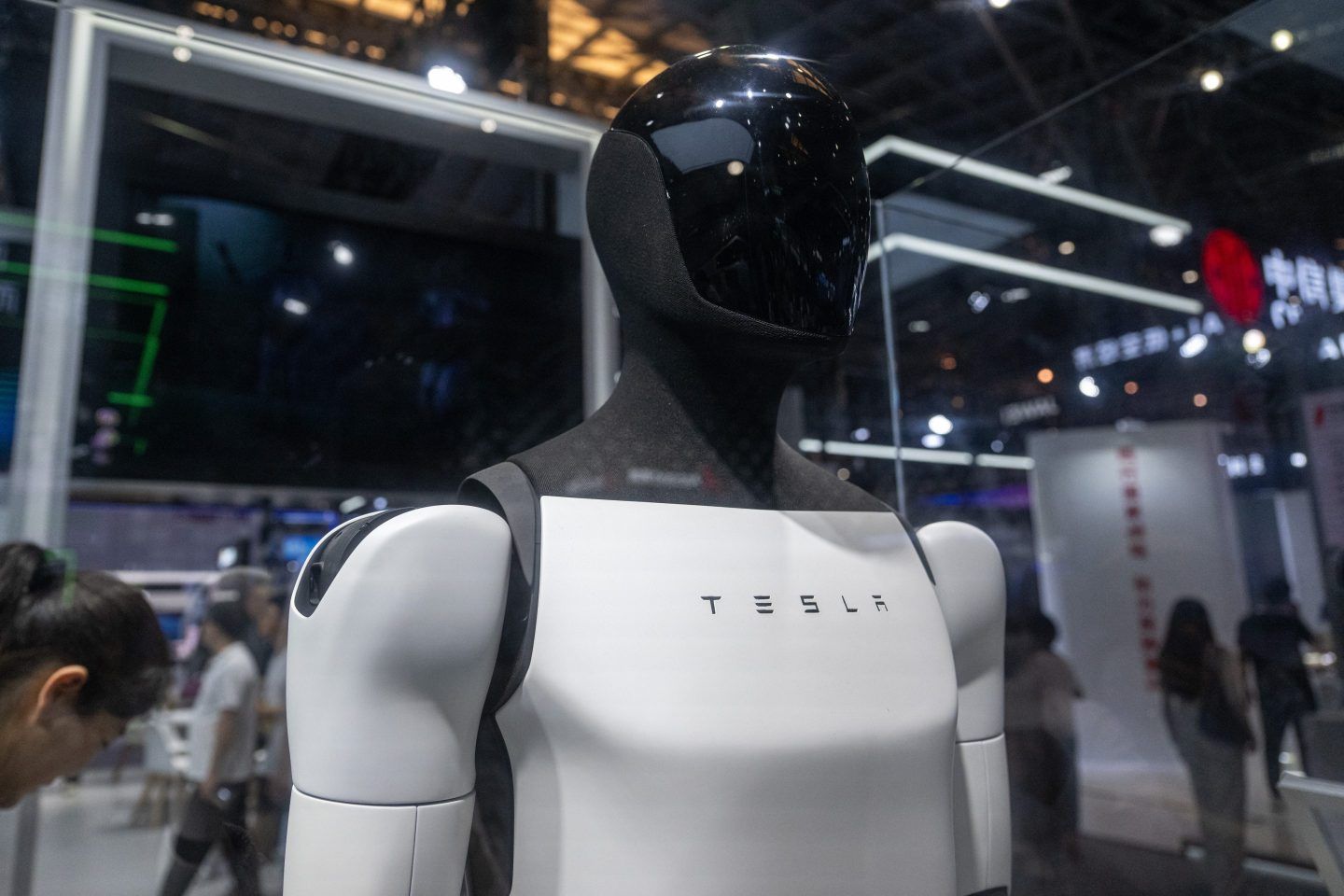Is SAAS dead?
As AI evolves we are really starting to see how its true capabilities will change the software landscape forever. It is nothing short of a revolution and the thought leaders in this are the heads of the big tech companies: Google, Meta, Microsoft, Amazon, OpenAI, Tesla/X.
A fascinating interview with Microsoft CET Satya Nadella last week described his thoughts on the far reaching changes AI will bring.
His prediction runs along these lines:
- Most systems used by companies interact with core business data: customer, sales, operations, employees etc.
- These interactions typically fall into 4 categories known as CRUD (Create. Read. Update. Delete)
- AI Agents can be created (in fact they pretty much create themselves given clear instructions in English) with the capability to conduct CRUD on most data no matter where it is held or what format it is in
- Therefore .... whole SAAS systems can be replaced by a force of connected agents developed specifically for your business. There will no longer be any need for the one size fits all approach where compromises on functionality need to be made
And the thing is, AI Agents are already here and getting better everyday. What's even more interesting, Satya thinks that even tools like Excel will become unnecessary; remember this is the CEO of Microsoft saying this.
It's a fascinating short interview and it's worth taking a look, here is a nice version with commentary.
It's clear that this is going to be a head scratcher for many companies with large IT Infrastructures and existing investments in multiple internal and 3rd party systems. Many of these are likely to get bogged down in the as-is and lose the opportunity to get to the new to-be state. Let's face it, if Microsoft are talking about it, they're planning for it and so are their peers.
Fundamentally this is why AI strategy and decision making needs to be led by the CEO. These are business decisions and the correct execution can enable a company leapfrog over competitors maintain or achieve market dominance. Worrying about where you are now and what systems you have will not help.











